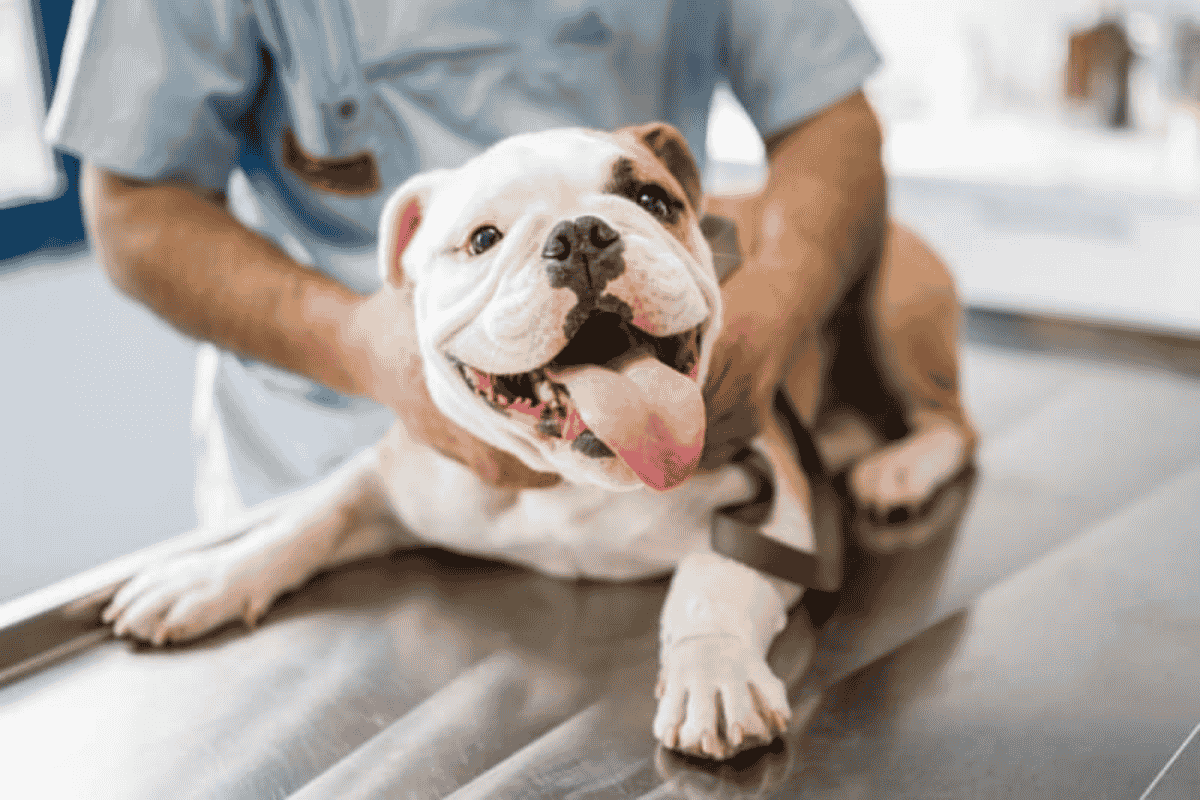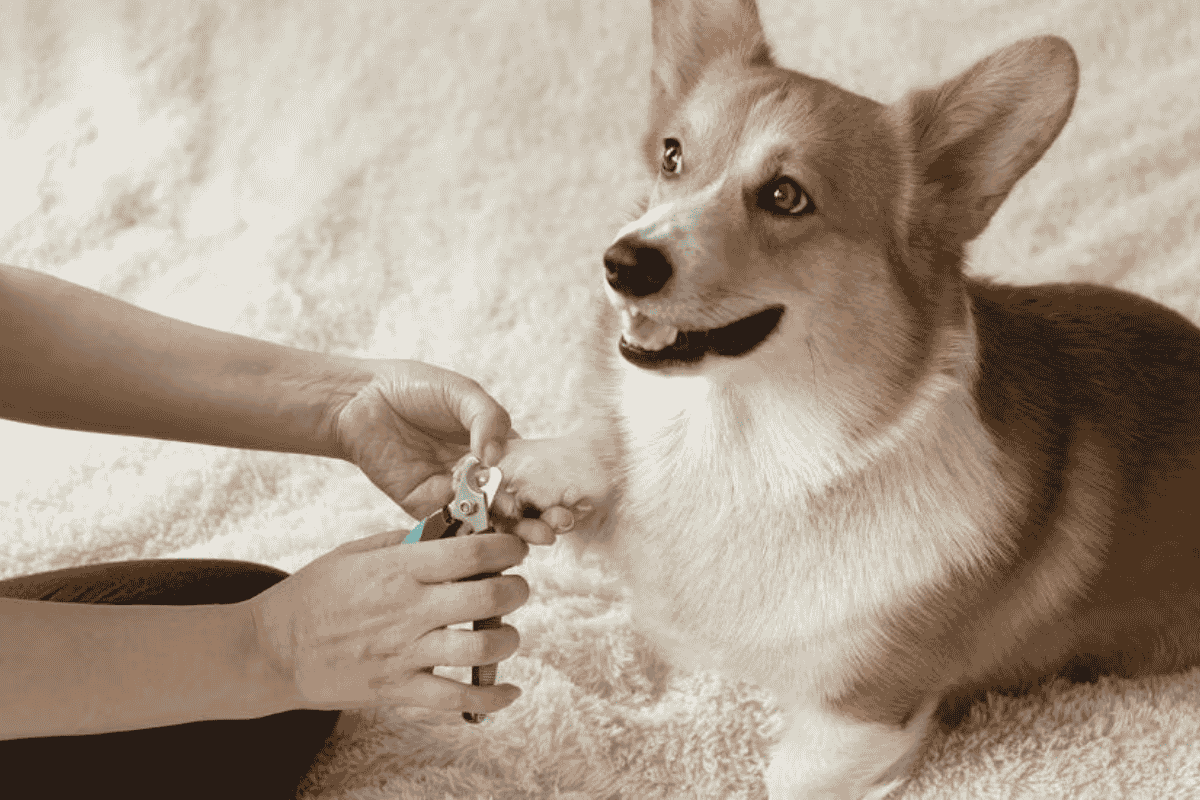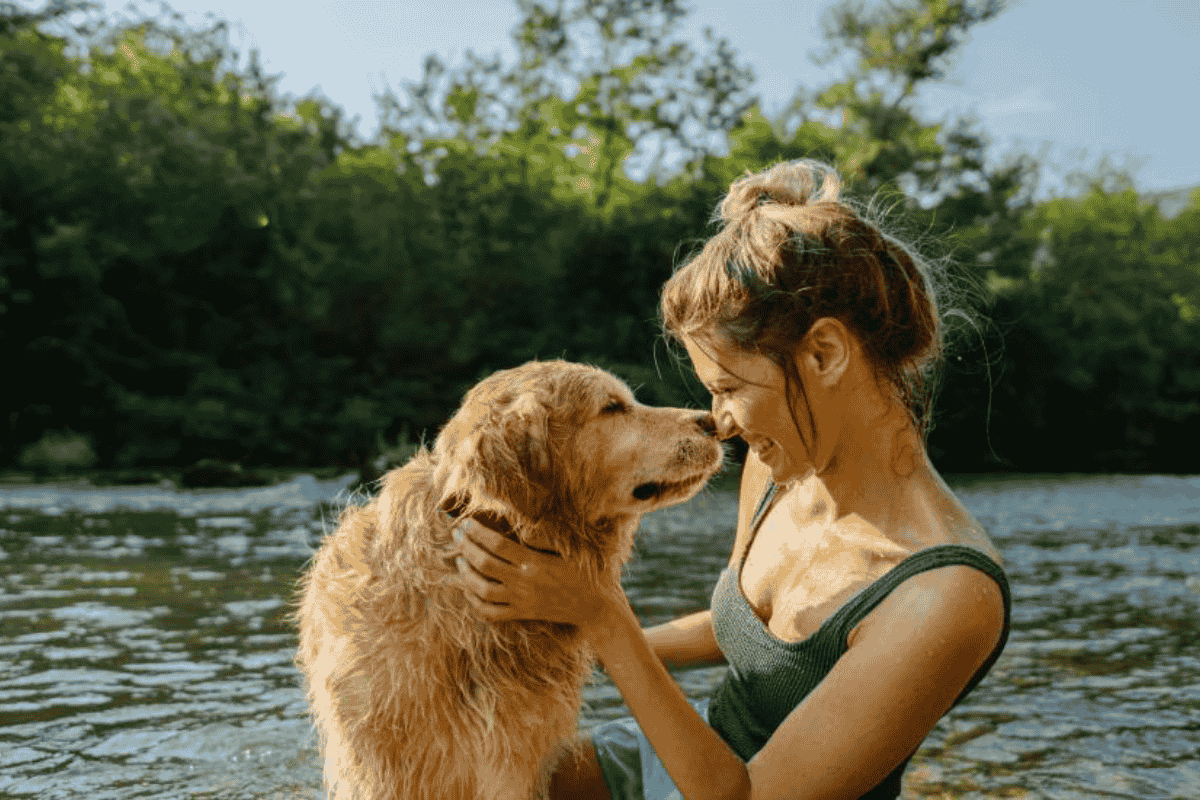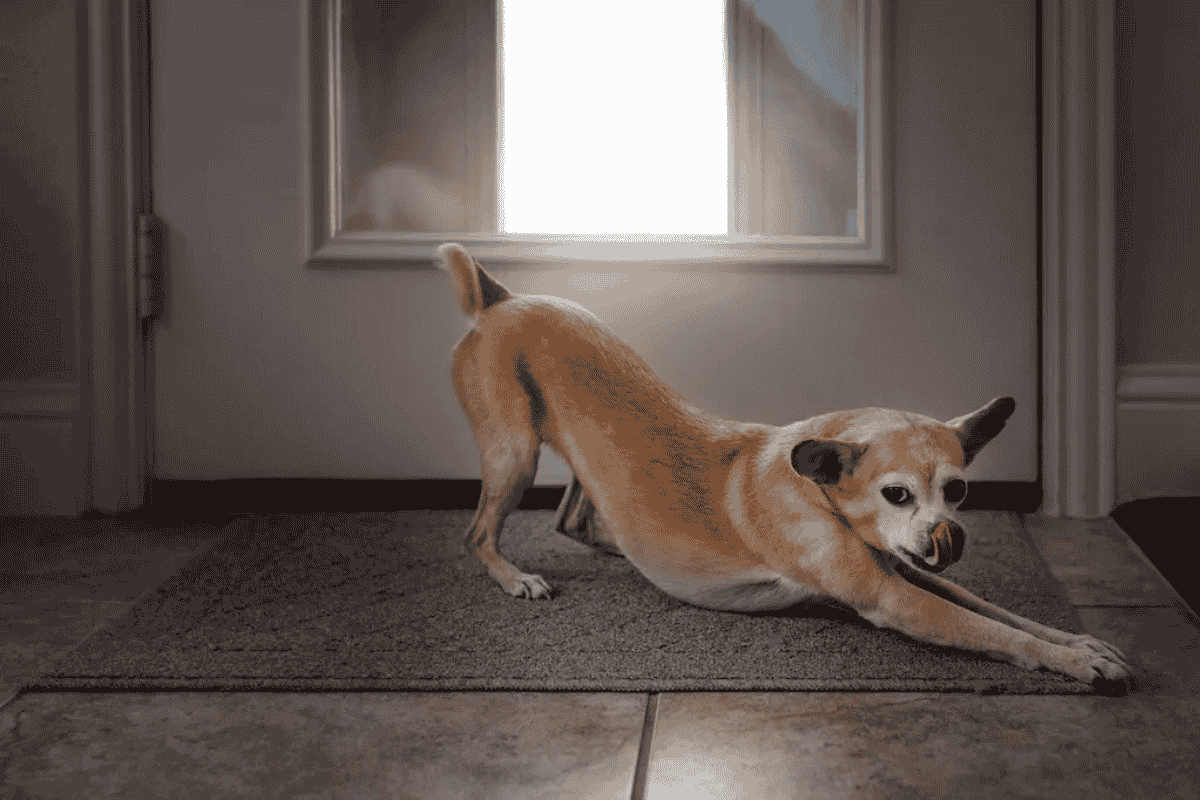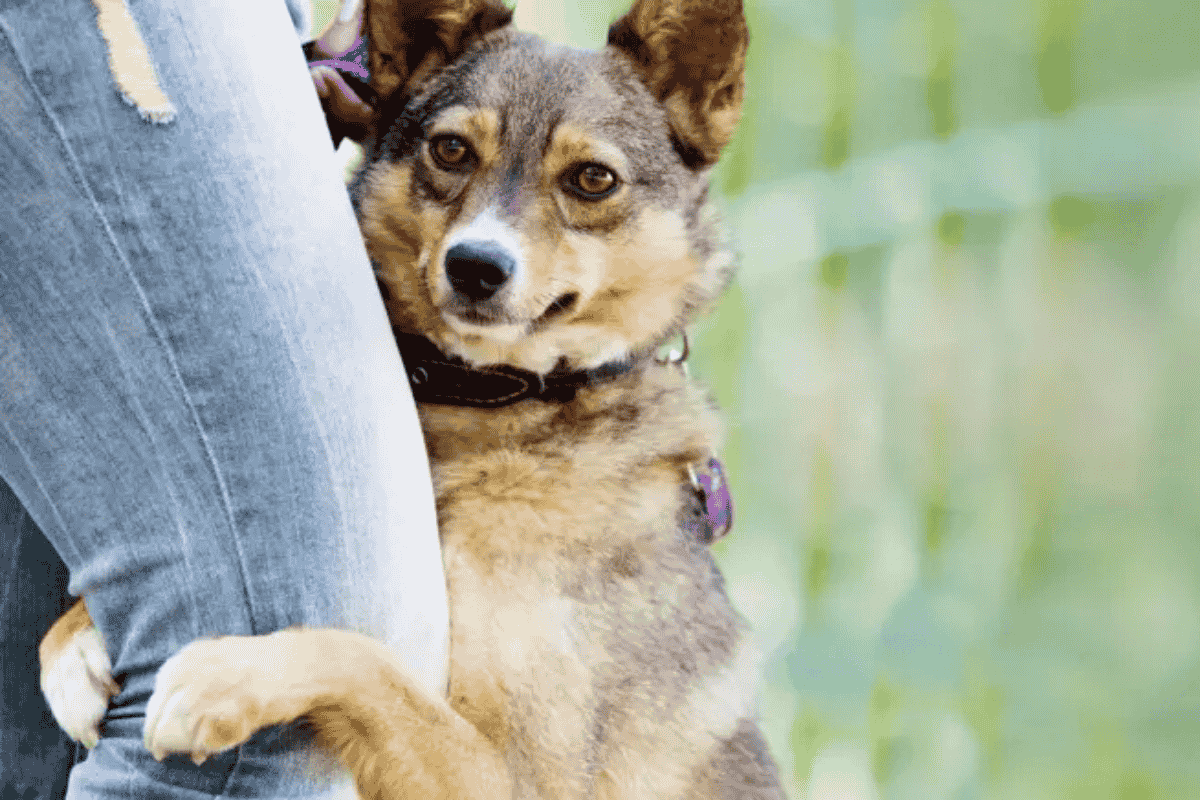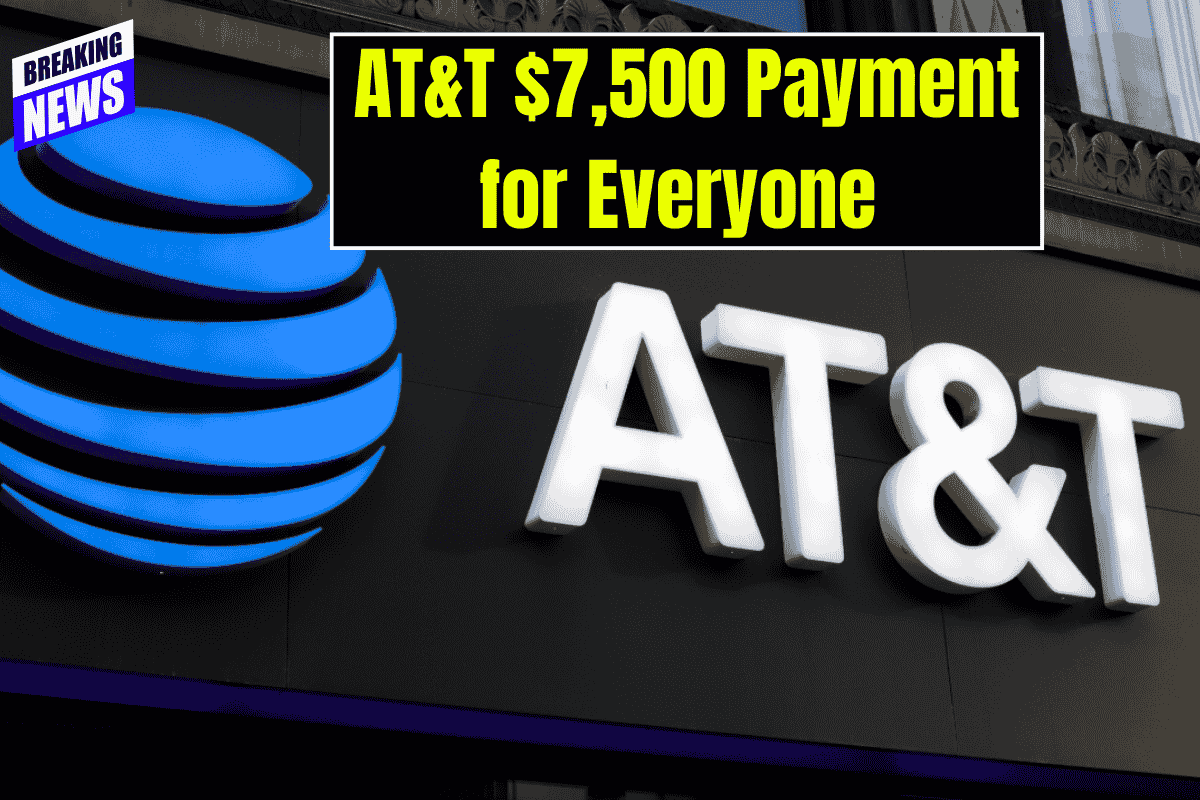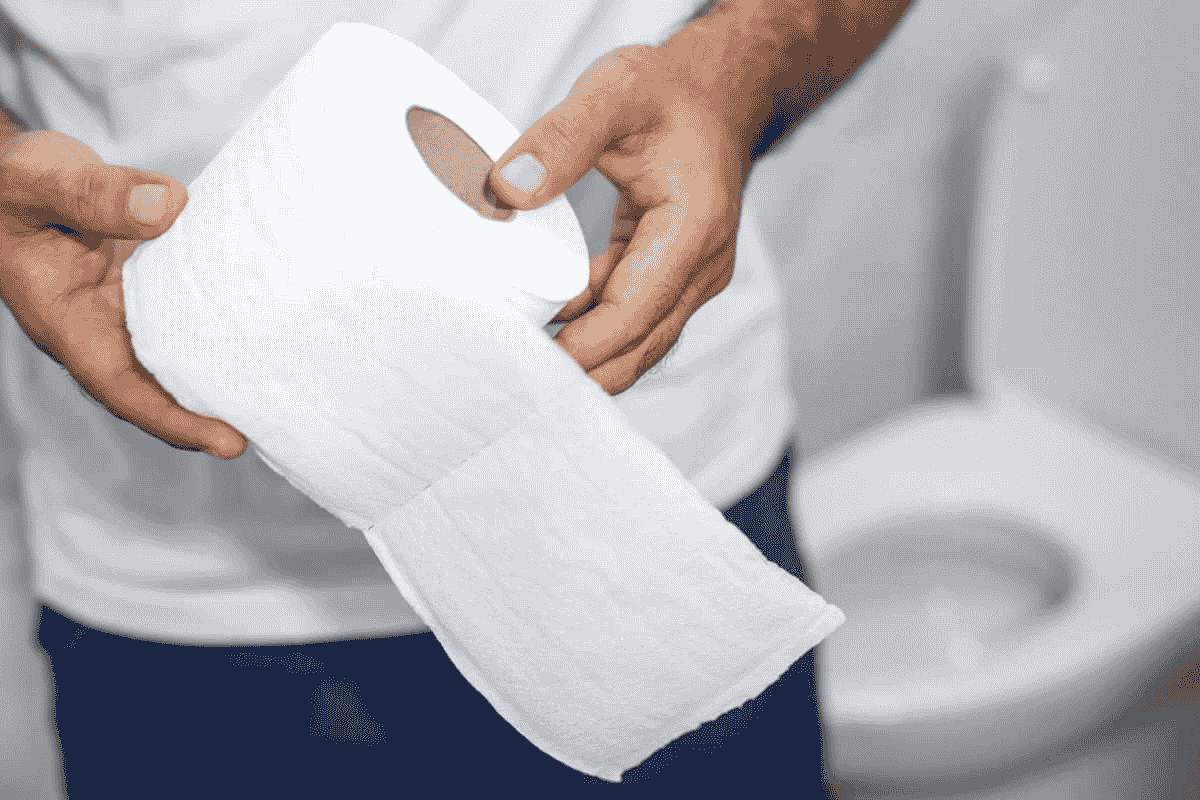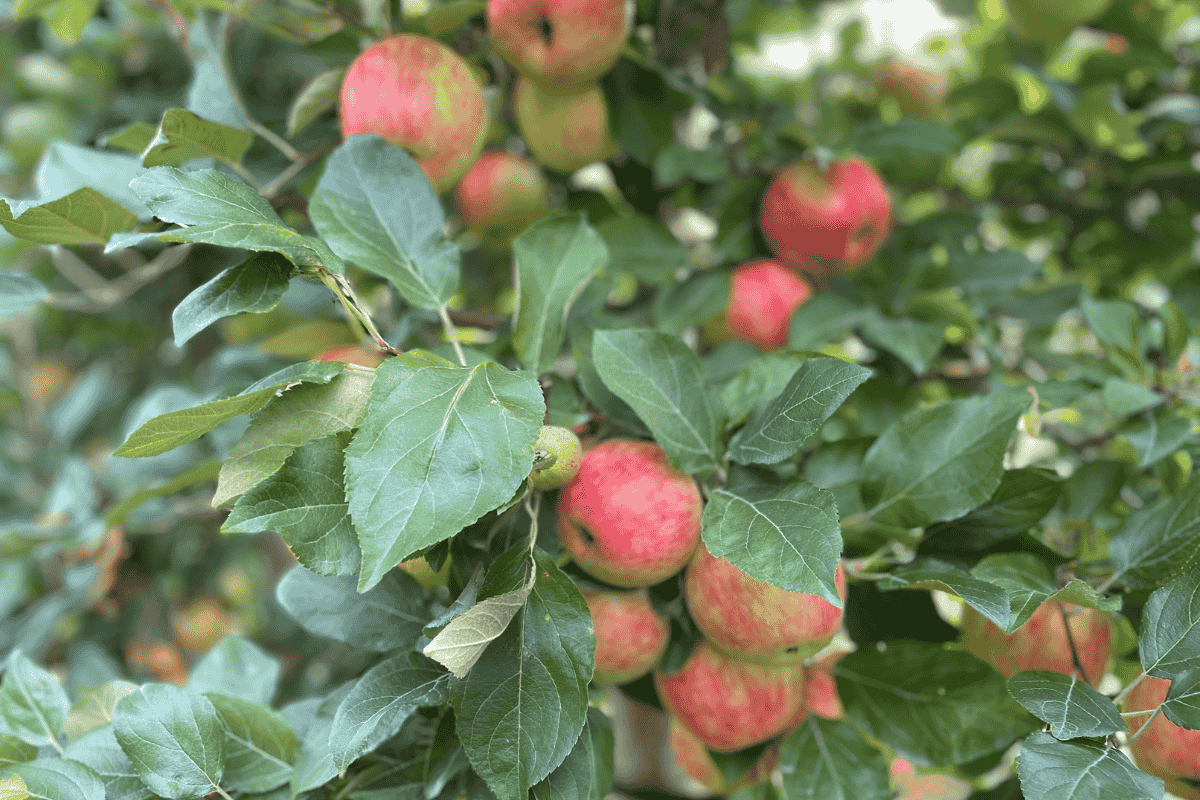Schedule your puppy’s first vet visit within one week of bringing them home. Early care ensures protection against serious diseases such as parvovirus and distemper and helps establish a long-term health plan.
What To Expect During the First Exam
Your veterinarian will perform a comprehensive health check, which may include:
- Weighing your puppy and checking temperature
- Listening to heart and lungs
- Full physical exam to detect birth defects or abnormalities
- Scanning for a microchip
- Reviewing your puppy’s medical history and current medications
- Setting up a vaccine and deworming schedule
- Collecting stool samples for parasite testing
- Collecting blood for heartworm testing (if 6 months or older)
- Discussing diet, training, and preventive care
- Recommending flea, tick, and heartworm preventives
This exam is also the perfect time to ask questions about behavior, feeding, and training.
Vaccinations and Preventive Care
Your vet will create a tailored vaccine schedule. Essential vaccines include:
- Rabies
- Distemper-parvovirus combination
- Leptospirosis
Additional vaccines like Bordetella or Lyme may be recommended based on your puppy’s lifestyle. Preventive medications for fleas, ticks, and heartworms are also prescribed.
Spay, Neuter, and Microchipping
Your veterinarian will discuss the benefits of spaying or neutering, typically recommended around 6 months of age. This helps reduce risks of cancer and certain behavioral issues. Large-breed dogs may need to wait until they are fully grown.
Microchipping is also recommended for identification and safety, and many puppies adopted from shelters already have one in place.
Puppy’s First Vet Visit Checklist
Bring the following items to your appointment:
- All available health records or paperwork
- Completed medical forms (if provided by the clinic)
- A list of questions or concerns
- Details on your puppy’s food and treats
- Any medications given by the breeder or shelter
- Leash, collar, or harness
- A chew toy or treats for distraction
- A fresh stool sample
- Carrier or crate for safe travel
Cost of a Puppy’s First Vet Visit
The first exam is more extensive than later visits, so expect to spend around $300–$350 total. Costs may include:
- Exam fee: $40–$85
- Initial vaccines: $200–$250
- Booster vaccines: $50 each
- Parasite screening: $20–$50
- Deworming medication: $10–$20 per dose
Consider discussing pet insurance with your vet to help manage ongoing costs.
When To Call the Vet Immediately
Puppies have developing immune systems and are vulnerable to illness. Contact your veterinarian immediately if your puppy shows:
- Yellow or green nasal/eye discharge
- Coughing, vomiting, or diarrhea
- Distended abdomen or visible worms
- Bloody urine
- Loss of appetite or excessive lethargy
- Pale gums or fever
- Seizures, skin infections, or ear infections
FAQs
When should I take my puppy to the vet for the first time?
Ideally, within one week of bringing your puppy home. Early care helps prevent common illnesses and establishes a health plan.
Do I need to bring a stool sample to the first vet visit?
Yes. A fresh stool sample helps the vet test for intestinal parasites, which are very common in puppies.
How often do puppies need vaccines?
Most puppies receive vaccines every 3–4 weeks until they are around 16 weeks old. Your vet will create a schedule based on your puppy’s age and vaccine history.
How much does a puppy’s first vet visit cost?
The first exam typically costs around $300–$350 total, including the physical exam, vaccines, parasite screening, and deworming. Costs vary depending on your location and the services needed.
